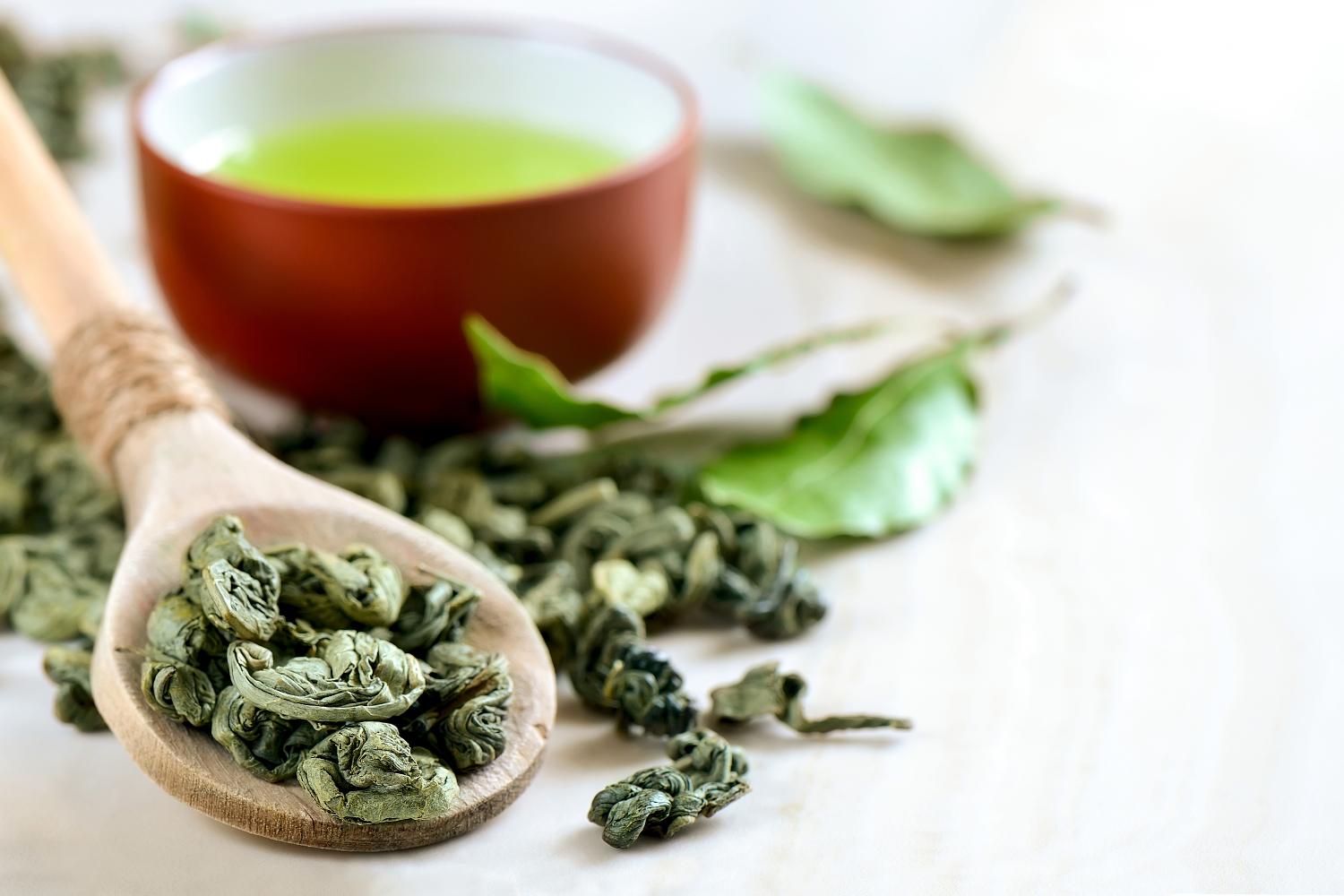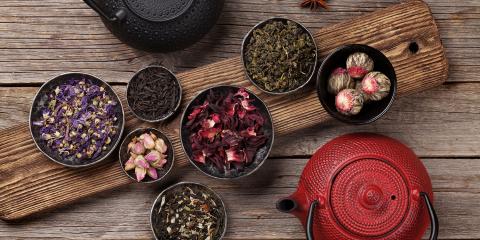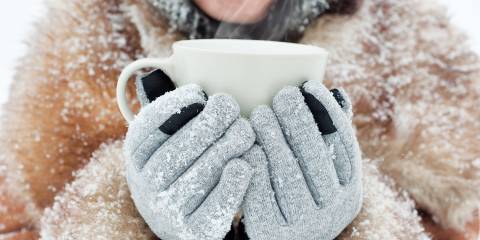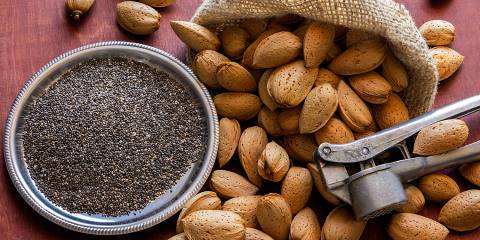When it comes to weight loss, diet and exercise remain the most effective methods.
However, some dietary supplements can also lend a hand.
Green tea is one of the safest, best researched, and most effective options.
Green Tea for Weight Loss
Both caffeine and catechins (antioxidant polyphenol compounds including epigallocatechin gallate or EGCG) in green tea have thermogenic properties that increase energy (calorie) expenditure and burn fat.
Studies suggest green tea can lead to modest weight reduction, making it an effective boost to diet and exercise efforts.
In a small study of healthy men, those taking green tea extract burned 17 percent more fat while cycling compared to those taking a placebo. In this study, green tea also improved insulin levels and insulin sensitivity.
In another study, obese patients who took green tea extract while dieting lost three times more pounds and more significantly reduced their body mass index (BMI) compared to those who just dieted.
The Role of Caffeine
While caffeine does help boost exercise performance by about 11 percent, it may not be the most important player.
Black tea, which is higher in caffeine but lower in antioxidants, is not as effective as green tea.
Catechin Antioxidants
Studies show that EGCG aids weight loss in part by increasing the breakdown of fatty acids associated with obesity.
In a study of 40 obese women, those who took a decaffeinated green tea blend after a three-month lifestyle intervention continued to lose weight and decrease fat mass while those who took a placebo gained weight.
Catechins and The Microbiome
The antioxidants in green tea have other perks.
Green tea’s catechins may also impact gut microbes in a way that favors weight loss.
The catechins in green tea decrease the fat and protein absorption in the intestines, which reduces the calorie intake from the food you eat, and improves your body’s ability to use fat and protein as fuel.
Drinking Green Tea
Drinking tea is quite safe; it is the second-most popular drink worldwide after water.
Choosing a Tea
You can reap the most antioxidants from a cup of green tea by purchasing high-quality loose tea, using hotter water, and letting it steep longer (though if you let it steep too long, it gets bitter).
Drinking Enough Tea
To get the best weight-loss results, aim for three to four cups of green tea per day, delivering 600 to 900 milligrams (mg) of catechins.
One cup of green tea usually contains 240 to 320 mg catechins and 45 mg of caffeine.
Storing Green Tea
Green tea may get fishy tasting if stored too long. Green tea should always have a fresh scent, flavor, and color—both dry and brewed.
Store green tea in a tightly sealed container in a cool, dark, dry spot or—especially for long-term storage—the fridge.
Green Tea Supplements
Several cases of liver toxicity related to green tea weight-loss products have surfaced over the years.
The risk appears to be greatest in multi-ingredient weight-loss products and may involve adulteration.
When purchasing green tea supplements, opt for high-quality brands and take with food to reduce risks.





